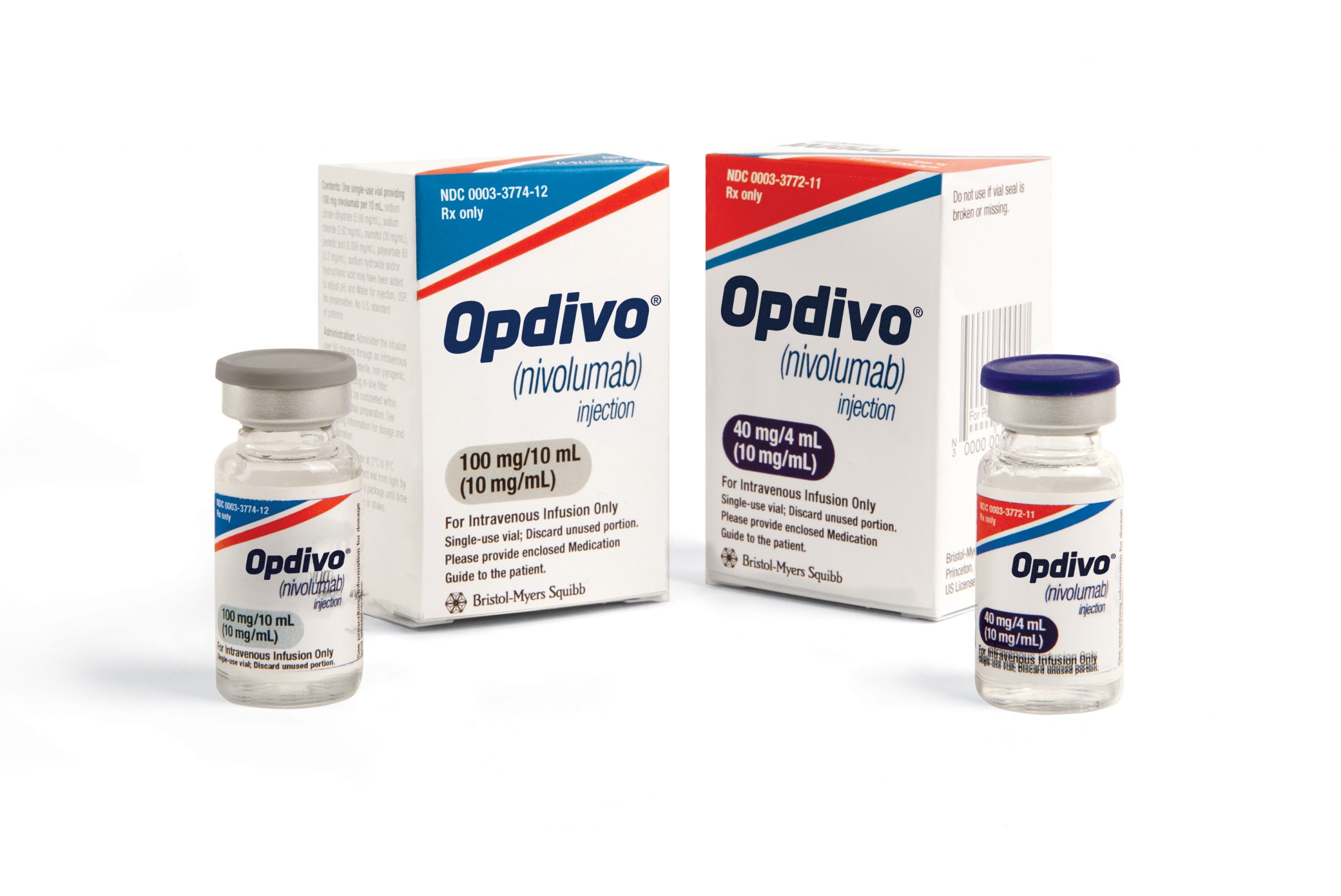NICE rejects Opdivo in blood cancer, asks for more data

NICE has asked Bristol-Myers Squibb (BMS) to provide more information on effectiveness of its cancer immunotherapy Opdivo in a type of blood cancer, before it recommends regular NHS funding in this use.
The UK cost-effectiveness body is assessing Opdivo (nivolumab) in classical Hodgkin Lymphoma (cHL) but, although its independent appraisal committee recognised the drug was an innovative and promising treatment, it said evidence was highly uncertain due to immature single-arm trial data.
In the first draft guidance, NICE added that the evidence did not reflect how the anti-PD1 drug would be used in UK clinical practice, and said the drug should not be funded in this use based on existing information.
NICE called for updated analyses exploring use of UK data, such as from the Haematological Malignancy Research Network, in order to assess how effective the drug is when compared with standard of care.
BMS now has the opportunity to provide the further information while NICE consults on the first draft, before a second draft is published later this year.
Opdivo is licensed in patients with relapsed or refractory disease after autologous stem cell transplant and treatment with Takeda’s Adcetris (brentuximab vedotin).
But NICE said the cost-effectiveness ratio for Opdivo exceeded its £30,000 per quality-adjusted life year (QALY) upper threshold.
It also said Opdivo in this case did not meet the criteria for an end-of-life treatment, allowing NICE to accept a higher QALY value.
Around 31 patients with the disease would be eligible for treatment if NICE recommends funding for Opdivo.
Keytruda gets new US indication
The news from NICE came just as the FDA approved Merck’s rival immunotherapy, Keytruda, in a new cHL use.
Merck noted that Keytruda (pembrolizumab) is the only anti-PD1 therapy approved for patients with difficult-to-treat cHL, regardless of stem cell transplantation or use of Adcetris.
The new indication is for adult and paediatric patients with refractory cHL, or who have relapsed after three or more prior lines of therapy.
In a separate announcement, Merck said that the FDA had extended its review of Keytruda in advanced microsatellite instability-high (MSI-H) cancer by three months.
The company submitted additional data and analyses, which the regulator considered a major amendment to the filing. A regulatory decision is now due on 9 June.











